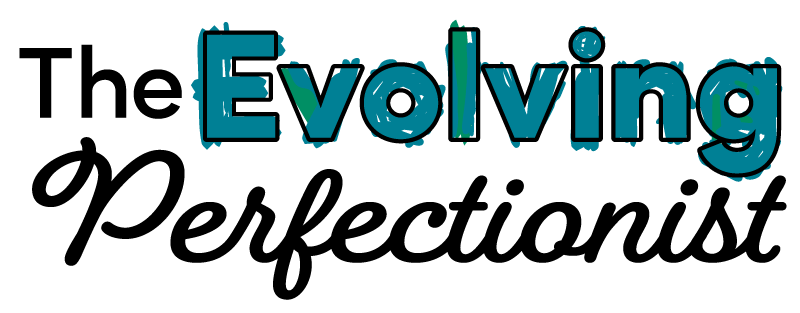Day 31: Vulnerability
#Evolving40 Day 31: Vulnerability
One of my favorite “aha moment” stories is from Glennon Doyle. In 2009, she noticed people posting a list of “25 Things About Me” on Facebook. She posted her own list and recalls: “"My number six was, 'I'm a recovering food and alcohol addict, but I still find myself missing food and booze in the same twisted way someone can still love a person who beats them and leaves them for dead.’”
Later, she noticed that a friend’s number six was, “My favorite snack food is hummus,” and she realized, “Ohhh...we’re not doing *that* here.” By “that,” she meant “telling the truth.” The real, vulnerable truth, the one that no one was talking about. But then her inbox started to fill up with people saying, “Me too.”
After Glennon told her story at church one day, about drug and alcohol addiction, her stay in a mental institution, and suicidal ideation, people lined up to tell her their own stories. She said to her then-husband, "This is what I'm going to do. I'm going to be a truth teller. This is a key that can unlock people. This is what I'm going to do with my whole life."
I feel like this kind of truth-telling is my calling, too. I can’t NOT do it. I want to help normalize feeling the whole range of emotions, and managing mental health with a custom blend of tools: therapy, medication, exercise, nutrition, spiritual and mindfulness practices, and so on. Over the past few years, I’ve been finding my own, and l feel more aligned with my authentic self than I ever have.
As I’ve been writing about that process, I've wondered aloud to Darren (*mostly* joking) if some people think I’m documenting my slow descent into madness. Either way, I’m pretty confident I’m actually writing my way to healing. The more honest I am, I feel more connection, compassion, and self-acceptance and less isolation, shame, and fear. It’s liberating to start shedding the Impostor’s Syndrome, to not have much of anything to hide anymore.
I know that one of the privileges of being self-employed is being able to speak freely without worrying that a supervisor will perceive vulnerability as weakness. I want to use that privilege to let other people know that they’re in good company. As Brené Brown, a pioneer of vulnerability research, says, “Shame depends on me buying into the belief that I’m alone. Shame cannot survive being spoken. It cannot survive empathy.”
If you ever feel alone in your suffering, I can almost guarantee that you are not. As part of the human family, you are experiencing something that some other human has felt, and is likely feeling now. So speak that suffering to someone: a partner, a trusted friend, a pastor. Read the posts at PostSecret (they're fascinating!) and send a postcard of your own, or write something on one of the many anonymous confession sites out there. Bring any shame you're feeling into the light, where it’s not so terrifying anymore, and where you can get the support you need.
Vulnerability opens the door to connection and to healing. As Brown says, “It is the birthplace of everything we are hungry for.”
* How I’ve evolved: Getting comfortable with vulnerability and realizing how necessary it is for authentic connection.
* How I’m evolving: Experimenting with different ways to share my experience and connect with others about what it means to be human, because that is what feeds my soul.
Links:
Glennon Doyle: Blogger shares truth of marriage struggles
Brené Brown on Shame: It Cannot Survive Empathy: https://www.huffpost.com/entry/brene-brown-shame_n_3807115
On Anonymous Confessions pages: https://paloaltoonline.com/news/2020/03/06/anonymous-confessions-pages-are-surging-in-popularity-on-high-school-and-college-campuses-why
--
You’re welcome to join me anytime for The Evolving 40. On the daily theme, think: “How have I evolved? How am I evolving?”
Post in the comments below or on your own social with the hashtag #evolving40. Whatever comes up is what’s meant to be.

